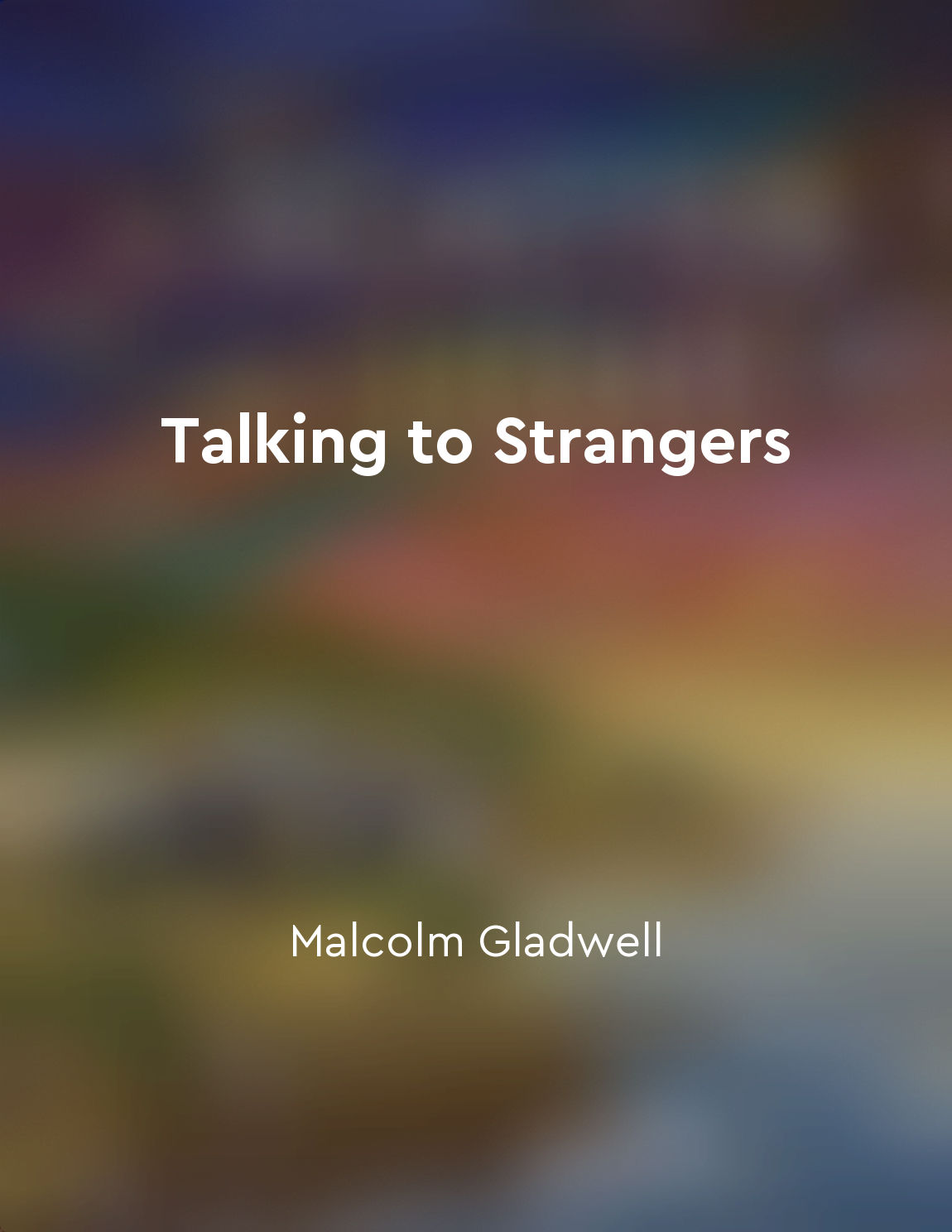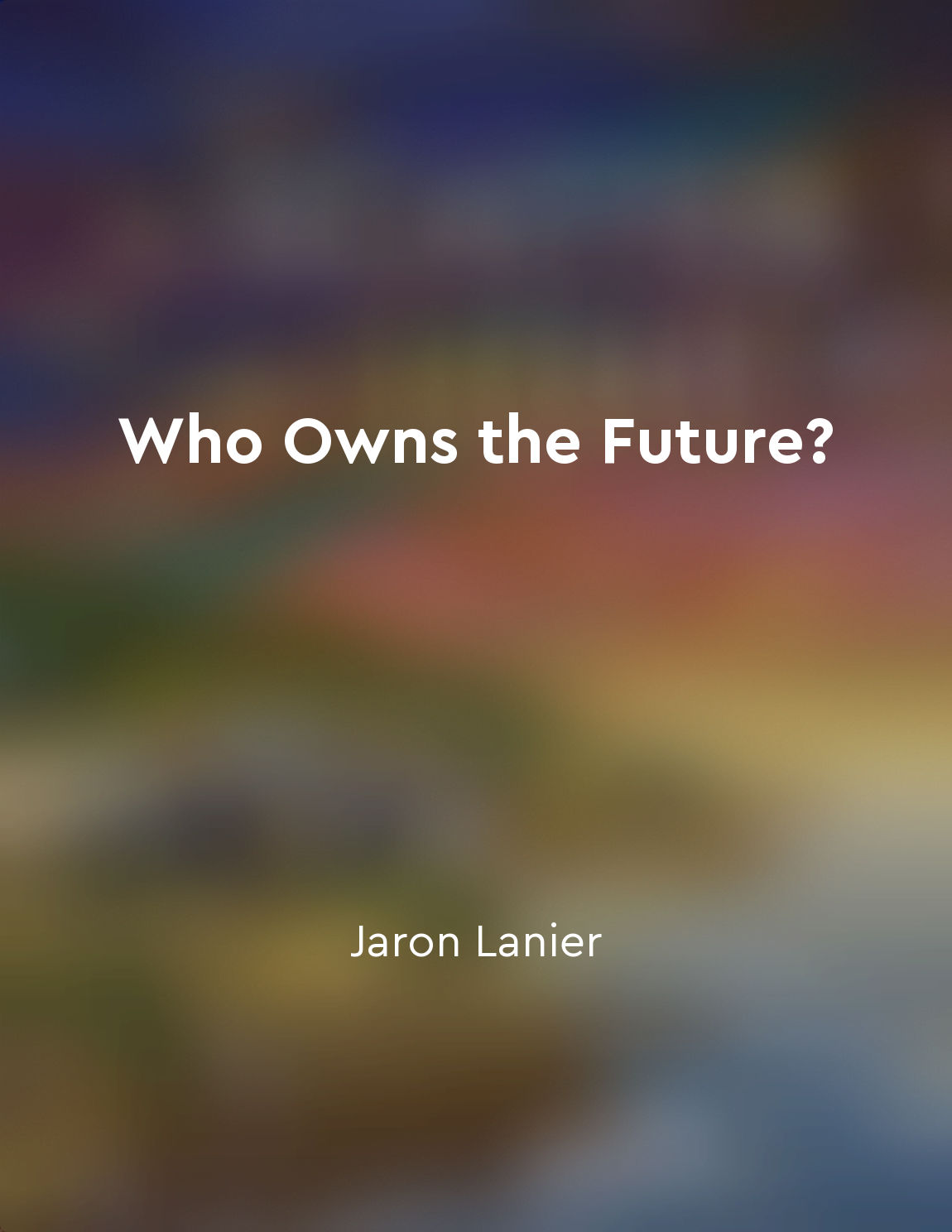People lie about their desires and traits from "summary" of Everybody Lies by Seth Stephens-Davidowitz
People are often unreliable narrators of their own lives. They may not intentionally deceive others, but they deceive themselves. When asked about their desires and traits, people may provide answers that they believe are socially acceptable or that align with their self-image. However, these responses may not accurately reflect their true feelings or behavior. This discrepancy between what people say and what they actually do is known as the "social desirability bias." This bias can lead researchers astray when trying to understand human behavior through surveys and other self-reported data. People may underreport undesirable traits or desires, such as racism or infidelity, and overreport desirable traits, such as generosity or honesty. To uncover the truth about human behavior, researchers are turning to new sources of data, such as internet searches and social media posts. These sources provide a more honest glimpse into people's inner thoughts and desires, as they are less filtered and more anonymous than traditional surveys. By analyzing the data from these sources, researchers can gain insights into human behavior that were previously hidden. They can see what people are truly searching for online, what they are discussing in private forums, and what they are sharing with their closest friends. This wealth of information allows researchers to paint a more accurate picture of human desires and traits than ever before. In a world where people are constantly connected and sharing information online, there is a treasure trove of data waiting to be mined. By harnessing the power of big data and analytics, researchers can uncover the truths that lie behind the lies we tell ourselves and others. The key is to listen not only to what people say, but also to what they search for, share, and discuss online.Similar Posts
The impact of childhood traumas on adulthood
Childhood traumas have a way of shaping the adults we become. They leave lasting imprints on our minds and hearts, influencing ...

Our biases can impact our interactions with strangers
When we encounter strangers, we rely on our initial impressions to form judgments about them. These judgments are often based o...
The power of social media will be scrutinized
Social media has become an integral part of modern society, connecting people around the globe in ways never before imagined. I...
Confidence: belief in oneself
Confidence is the foundation of success. It is the unwavering belief in oneself, the inner certainty that you are capable of ac...

The current digital landscape is unsustainable and exploitative
The digital landscape we've built is a precarious one, where a small number of people amass vast fortunes while the rest of us ...
Cultural exchanges flourished
In our interconnected world, cultural exchanges have truly blossomed. People from different corners of the globe are coming tog...
Social media profiles are windows into our personalities
In our digital age, social media profiles have become the modern-day equivalent of windows into our personalities. These online...
Data collection is out of control
The sheer amount of data being collected about us is staggering. Every time we go online, use a credit card, or carry a cellpho...

Manipulators exploit vulnerabilities for their benefit
Manipulators are adept at identifying and capitalizing on vulnerabilities in others for their own gain. These vulnerabilities m...
Online information is not always reliable
In an age where information is readily available at our fingertips, it can be easy to assume that everything we find online is ...
